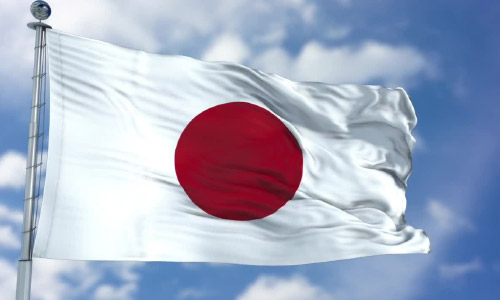KABUL - A new agreement on a project aimed at improving the quality of the Accelerated Non-formal Education Programme (ANEP) has been signed between Japan and UNESCO.
The new project seeks to strengthen the status and effectiveness of non-formal education within the framework of accelerated learning delivered through alternative education modalities.
The government of Japan would provide about $7.2 million for the project’s implementation, a statement from the embassy of Japan in Kabul said.
In partnership with UNESCO, Japan has implemented three phases of the “Enhancement of Literacy in Afghanistan (ELA) programme covering over 1 million learners in 18 provinces from 2008 to 2018.
The project will be implemented jointly by the deputy minister of education for literacy (DMoEL) and UNESCO in three years (2019-2022).
It will focus on establishing literacy courses, pilot accelerated learning centres and professionalisation of 70 adult literacy schools throughout Afghanistan.
The project will help improve the inclusiveness, quality and relevance of adult literacy and non-formal education for the Afghans aged 15 and above.
The signing ceremony was attended by Minister of Education Dr. Mohammad Mirwais Balkhi, Japan’s Chargé de’ Affaires Ad Interim Takahashi Yoshiyaki, UNESCO Representative Patricia McPhilips, Deputy Minister of Education for Literacy Dr. Sardar Mohammad Rahimi.
Balkhi welcomed the new phase of Japanese government funding to the education sector. “The governments of Japan and Afghanistan have been MoE’s long-term partners since 2008.”
He said the partnership had significantly contributed to expanding literacy and adult education services and supported DMoEL to strengthen its technical capacity both at the centre and in provinces.”
Takahashi Yoshiyaki remarked: “Japan believes education plays a key role in empowering the people and society. Through the effective execution of this programme, adult literacy rate will be enhanced further and graduates will be employed for pursuing a better life in Afghanistan.”
Patricia McPhillips thanked the government of Japan for generous contributions and strong commitment to the literacy and adult education programme in Afghanistan.
She also thanked Japan and the Ministry of Education for the long-standing partnership with UNESCO to improve learning opportunities for the Afghans left out of the formal education system.
Since 2001, Japan has extended more than$6.6 billion in assistance to Afghanistan. (Pajhwok)
Home » Afghanistan » Japan Provides $7.2m for Non-Formal Education Project
Japan Provides $7.2m for Non-Formal Education Project

